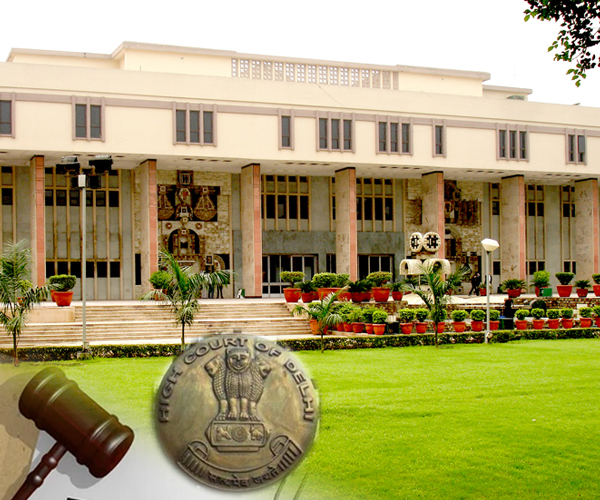
The High Court of Delhi in the matter of Vikrant Kapila & Anr. Vs Pankaja Panda & Ors. Observed that it is the foremost duty of the Court to carefully give a purposeful meaning to the words and logical interpretation to the language used in a Will to infer and draw the real intention of the Testator.
All the clauses in a Will must be given equal importance, benefit and uniformity in conjunction with each other and not disjointly.
The Cout added, “the clauses in a Will are like Sailors on a ship sailing in the same direction. Each clause has an individual value like each Sailor has an individual role to play. Thus, a Will has to be harmoniously construed under all circumstances.”
The court also opined that when a Will contains a clause bequeathing absolute rights, then the same cannot be followed by other clauses with restricted rights. It observed that an absolute right is an outright recognition which cannot be bind by imposing a condition in the form of a restrictive right.
The Court said, since a meaning is sought to be given to the testator's intention as to what he must have meant when he was alive while making the Will, due importance has to be given to the surrounding circumstances including the testator's background, status and relations with the family and society. The purpose must be to derive the real intention of the testator and recognize the dispositive rights of the beneficiaries for reaching a conclusion as far as practically possible.
